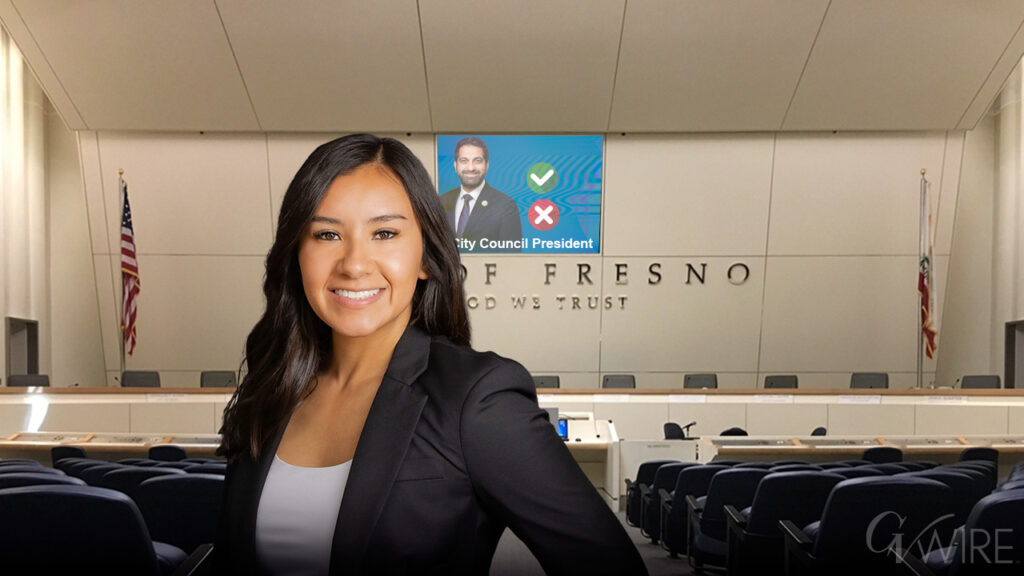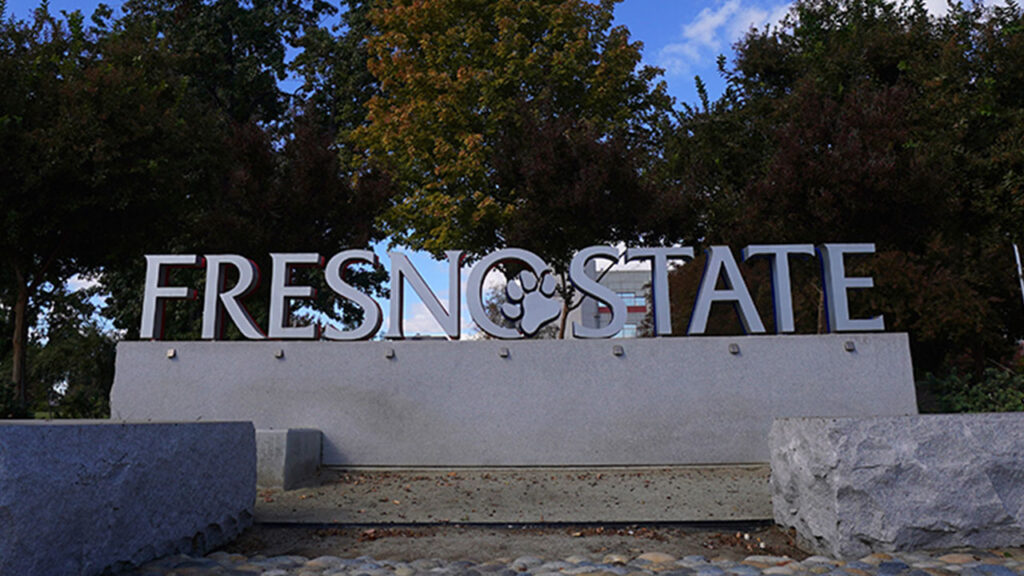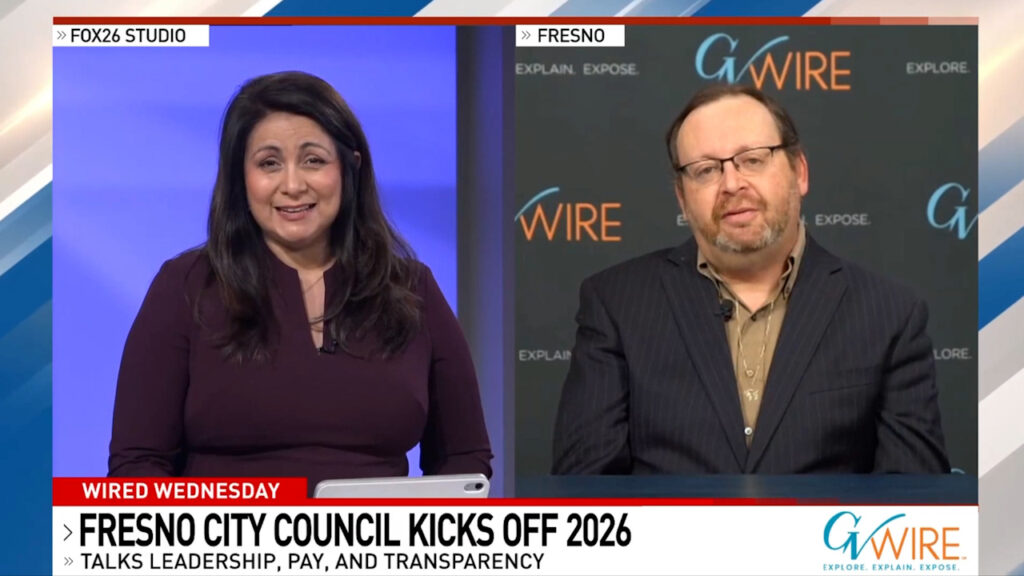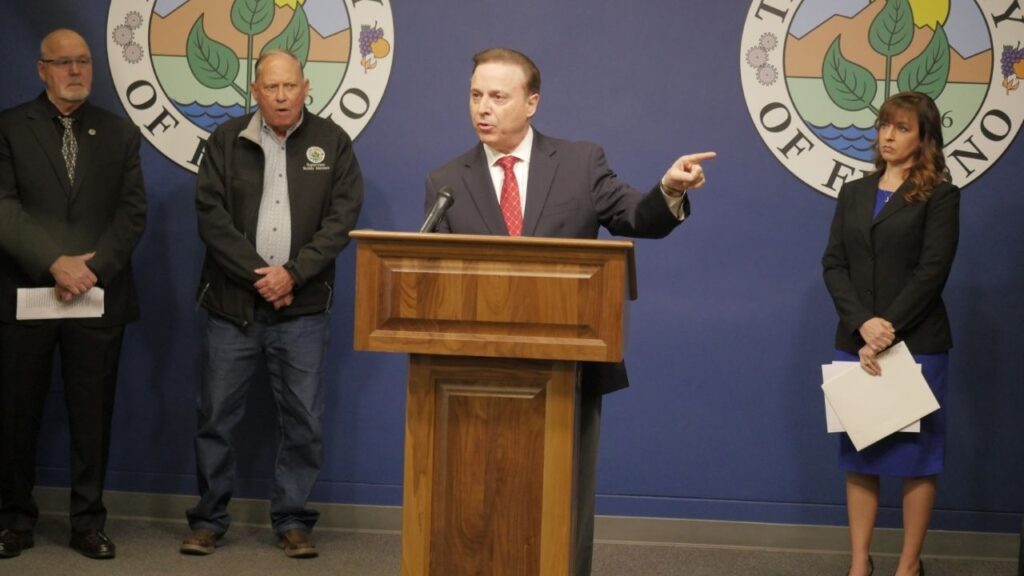In his Dec. 7, 2024 opinion, Ross Douthat discusses how JD Vance (left) and Elon Musk, representing populism and dynamism respectively, will shape the future of Trumpism, potentially creating a conservative fusion of technological progress and working-class uplift, while warning that tensions between their worldviews could lead to political failure. (GV Wire Composite/Anthony W. Haddad)

- Trump’s legacy will be shaped by Elon Musk’s tech-driven dynamism and JD Vance’s populist, working-class focus.
- Musk advocates for innovation and less government, while Vance supports policies to uplift the working class and bolster government investment.
- A mix of Musk's growth-driven vision with Vance’s populism could create a conservatism that supports progress while safeguarding the working class, but tensions between the two could risk its success.
Share
|
Getting your Trinity Audio player ready...
|
Opinion by Ross Douthat on Dec. 7, 2024.
Beneath all the furor around Donald Trump’s appointments — Matt Gaetz down and out, Pete Hegseth down but maybe coming back, the Kash Patel drama waiting in the wings — the most important figures in this administration’s orbit have not changed since Election Day: Besides the president himself, the future of Trumpism is still most likely to be shaped and stamped by two men, JD Vance and Elon Musk.
Not just because of their talent and achievements, and not just because Vance is the political heir apparent and Musk would be one of the world’s most influential men even if he didn’t have the ear of the president-elect. It’s also because they represent, more clearly than any other appointee, two potent visions for a 21st century right, and their interaction is likely to shape conservatism for the next four years and beyond.
Related Story: Elon Musk Backed Trump With Over $250 Million, Fueling the Unusual ‘RBG
Musk is the dynamist, the believer in growth and innovation and exploration as the lodestars of American civilization. His dynamism was not always especially ideological: The Tesla and SpaceX mogul was once a Barack Obama Democrat, happy to support an active and sometimes spendthrift government so long as it spent freely on his projects. But as Musk has moved right, he has adopted a more libertarian pose, insisting on the profound wastefulness of government spending and the tyranny of the administrative state.
Vance meanwhile is the populist, committed to protect and uplift those parts of America neglected or left behind in an age of globalization. Along with his support for the Trumpian causes of tariffs and immigration restriction, this worldview has made him more sympathetic than the average Republican senator to certain forms of government investment — from long-standing programs like Social Security to new ideas about industrial policy and family policy.
Related Story: Trump Says Musk, Vivek Will Form Outside Group to Advise White House on ...
Despite this contrast, the Musk and Vance worldviews overlap in important ways. Musk has moved in a populist direction on immigration, while Vance has been a venture capitalist and clearly has a strong sympathy for parts of the dynamist worldview, especially its critique of the regulatory state. Both men share a farsighted interest in the collapsing birthrate, a heretofore-fringe issue that’s likely to dominate the later parts of the 21st century. And there is modest-but-real convergence between the Muskian “tech” worldview and Vance’s more “neo-trad” style of religious conservatism, based on not just a shared antipathy toward wokeness but also similar views about the intelligibility of the cosmos and the providential place of humankind in history.
So you can imagine a scenario, in Trump’s second term and beyond, where these convergences yield a dynamist-populist fusionism — a conservatism that manages to simultaneously aim for the stars and uplift and protect the working class, in which economic growth and technological progress help renew the heartland (as Musk’s own companies have brought jobs and optimism to South Texas) while also preserving our creaking social compact.
That’s the potential Musk-Vance synthesis. But the potential tensions here are also important, as are the ways in which each man’s worldview can fail. Populism without a strong commitment to dynamism can easily yield stagnation: The combination of tariffs and immigration restriction and the Trump-Vance pledge to protect Social Security and Medicare threatens a certain kind of sclerosis unless it’s matched by libertarian efforts in other areas of the economy, a war on red tape and cartels, deregulation in a variety of forms. And the spirit of populism, its political psychology, needs a dose of the libertarian impulse, an element of American entrepreneurial can-do, to avoid becoming a purely defensive and zero-sum worldview.
Related Story: Elon Musk Slams Democrats for “Hoaxes” and Hypocrisy on Joe ...
But by the same token a dynamism that imagines itself capable of waving a magic wand over the government and making much of the welfare state somehow disappear will end up meeting the same fate as the Tea Party and the Mitt Romney-Paul Ryan presidential campaign — fracturing the Trump coalition and shedding downscale swing voters for the sake of an unrealistic libertarianism.
In some of Musk’s postelection posting, especially, you can see intimations of this worldview, which veers between penny-ante criticisms of governmental waste and a root-and-branch critique of programs like Social Security. If this is where DOGE, his “Department of Government Efficiency,” tries to take the Trump-era GOP — away from a limited-but-positive vision of government’s role toward a more ideological agenda — then Muskism will be a political dead end.
The Musk America needs is the great rocketeer and technological impresario, bending politics to serve a futuristic vision. The Vance America needs is the populist who believes in a constructive role for government in the building of that future, and in making sure its society and economy have places for ordinary working people. The great test that awaits the second Trump administration is making these visions work together — while the more they end up in conflict, the more likely it becomes that Trump 2.0 will fail.
—
This article originally appeared in The New York Times.
c. 2024 The New York Times Company
RELATED TOPICS:
Categories

At Least 39 Are Dead in High-Speed Train Crash in Spain

Minecraft Down for Thousands of Users, Downdetector Shows

Peso Pluma Announces Dinastía Tour with Fresno Stop

What to Know About Hezbollah’s Ties to Venezuela















